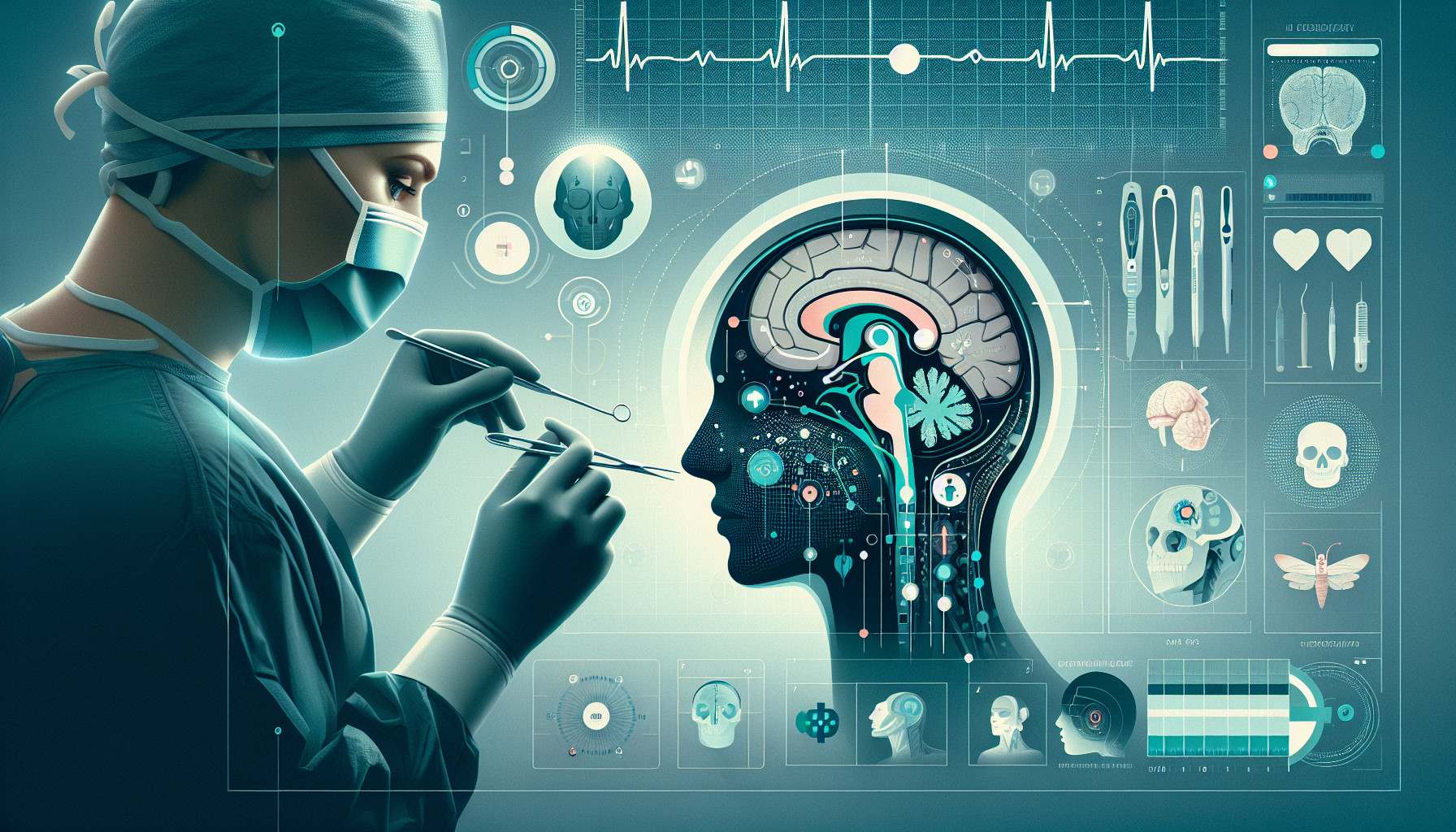Our Summary
This study was aimed at evaluating how useful the information provided by an AI chatbot, ChatGPT, is in the field of oral and maxillofacial surgery. The researchers used two sets of questions: one set was typical questions that patients might ask, and the other set was more technical, intended for professional training purposes. Both sets of questions covered the same four topics related to oral and maxillofacial surgery.
The responses from the chatbot were then judged by a group of 33 professional surgeons. The surgeons rated the answers to the patient questions highly, with an average score of 4.62 out of 6. However, the responses to the technical questions were rated lower, with an average score of 3.1 out of 6. This difference was noted to be statistically significant, meaning it’s very likely that it wasn’t due to random chance.
The study concluded that the chatbot could be a useful tool for providing patients with information, but it might not be ready to be used for professional training. The researchers recommended that surgeons should use it as a supplement to their existing knowledge and experience, and not rely on it entirely.
FAQs
- How was the usefulness of the AI chatbot, ChatGPT, evaluated in the field of oral and maxillofacial surgery?
- How did professional surgeons rate the responses of the chatbot to patient questions and technical questions?
- Did the researchers recommend the use of the chatbot for professional training in oral and maxillofacial surgery?
Doctor’s Tip
One helpful tip a doctor might tell a patient about maxillofacial surgery is to follow all pre-operative and post-operative instructions provided by the surgeon. This includes avoiding certain medications, following a specific diet, and taking care of the surgical site to prevent infection and promote healing. It’s important to communicate any concerns or questions with the medical team to ensure a successful recovery process.
Suitable For
Patients who might be recommended for maxillofacial surgery include those with conditions such as:
Facial trauma: Patients who have suffered injuries to the face, such as fractures of the jaw or cheekbones, may require maxillofacial surgery to repair the damage.
Orthognathic surgery: This type of surgery is performed to correct misalignments of the jaw, which can cause problems with bite, speech, and facial aesthetics.
TMJ disorders: Patients with temporomandibular joint (TMJ) disorders, which can cause pain and dysfunction in the jaw joint and muscles, may benefit from maxillofacial surgery.
Facial deformities: Patients with congenital or acquired facial deformities, such as cleft lip and palate, may require maxillofacial surgery to improve their appearance and function.
Oral pathology: Patients with tumors, cysts, or other abnormalities in the mouth and jaw may need maxillofacial surgery to remove the affected tissue and restore oral health.
Overall, maxillofacial surgery is recommended for patients who have conditions affecting the face, jaw, and mouth that cannot be effectively treated with other methods. It is important for patients to consult with a qualified oral and maxillofacial surgeon to determine if surgery is the best treatment option for their specific needs.
Timeline
Before maxillofacial surgery:
- Patient consultation with a maxillofacial surgeon to discuss treatment options and expectations.
- Pre-operative evaluations and tests, such as X-rays and CT scans, to determine the extent of the issue and plan the surgery.
- Discussion of anesthesia options and potential risks and complications.
- Preparing for the surgery by following any pre-operative instructions provided by the surgeon, such as fasting or stopping certain medications.
After maxillofacial surgery:
- Recovery period, which may include pain management and dietary restrictions.
- Follow-up appointments with the surgeon to monitor healing and address any concerns.
- Physical therapy or rehabilitation, if necessary, to regain normal function of the jaw and facial muscles.
- Long-term follow-up to ensure the success of the surgery and address any potential complications or issues that may arise.
What to Ask Your Doctor
Some questions a patient should ask their doctor about maxillofacial surgery include:
- What are the risks and potential complications associated with the surgery?
- What is the expected outcome of the surgery, and what is the recovery process like?
- How many times have you performed this type of surgery, and what is your success rate?
- Are there any alternative treatment options available, and what are the pros and cons of each?
- What type of anesthesia will be used during the surgery, and what are the potential side effects?
- How long will the surgery take, and how long will I need to stay in the hospital?
- What kind of follow-up care will be required after the surgery, and what is the expected timeline for recovery?
- Are there any specific dietary or lifestyle changes I should make before or after the surgery?
- Will there be any visible scarring after the surgery, and if so, how can it be minimized?
- Can you provide me with references or patient testimonials from previous maxillofacial surgery patients?
Reference
Authors: Balel Y. Journal: J Stomatol Oral Maxillofac Surg. 2023 Oct;124(5):101471. doi: 10.1016/j.jormas.2023.101471. Epub 2023 Apr 13. PMID: 37061037
